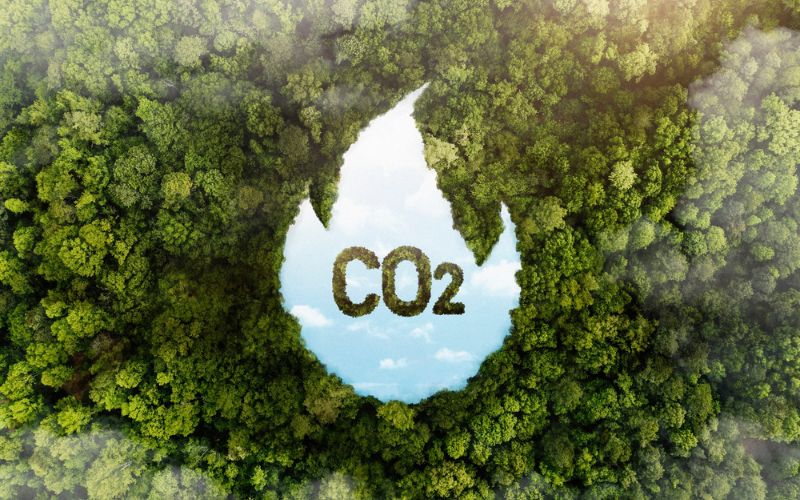The European Business Association has suggested Ukraine to revise its action plan regarding the launch of the national emissions trading system (ETS), aligning with its decarbonization and climate goals as well as inching closer to fulfilling the requirements of the EU Association Agreement.
Dec 27, 2024

As Ukraine braced up to launch the national emissions trading system (ETS), aligning with its decarbonization and climate goals as well as inching closer to fulfilling the requirements of the EU Association Agreement, the European Business Association suggested the Cabinet of Ministers to revise the action plan, taking into account amendments to the draft Resolution and business proposals.
As per EBA, the timelines for preparing the analytical report in 2024–2025 were overly ambitious due to the complexity of studies and consultations required. It proposed rescheduling certain activities to 2025 and involving experts with relevant experience.
It recommended a phased approach to ETS implementation, suggesting Ukraine to renew the MRV system, starting in 2025, with at least three years of full operation before it started the pilot phase.
It further recommended Ukraine to develop the regulatory framework, a process to run parallel to the first phase, estimated by Committee members to take 2–3 years.
The Pilot ETS phase should begin in 2028. The full-scale ETS phase should start in 2031, provided at least three years have passed since the end or cancellation of martial law and following a minimum of three years after the pilot phase launch, it added.
As per a statement issued by the Association, the pilot ETS phase would be a critical stage for refining the system, providing additional insights for its development. During preparation, it would be essential to identify the regulatory acts required before the pilot phase and those that can be refined afterward.
Experts emphasised the importance of preparing the economy for integration into the EU Emissions Trading System (EU ETS), including enhancing interagency cooperation and adapting management platforms. They also highlighted the need to designate a system administrator, potentially one of the ministries or a newly established institution.
Also Read: Japan’s JFE Steel Secures USD 665.26 Million Funding for Decarbonization of Steelmaking Process
The ETS would enable Ukraine to realise its climate ambitions by setting CO2 emission limits and offering enterprises incentives for decarbonisation. The cost of emissions would reflect changes in the economic and environmental landscape.
In 2023, the EBA developed a Concept for Building an Emissions Trading System in Ukraine and presented it to the Ministry of Environmental Protection. Committee experts remained committed to participating in discussions and seeking solutions to these issues. As per EBA experts, clear planning and transparent implementation of the ETS would facilitate Ukraine’s achievement of its climate goals and integration with European carbon markets.










